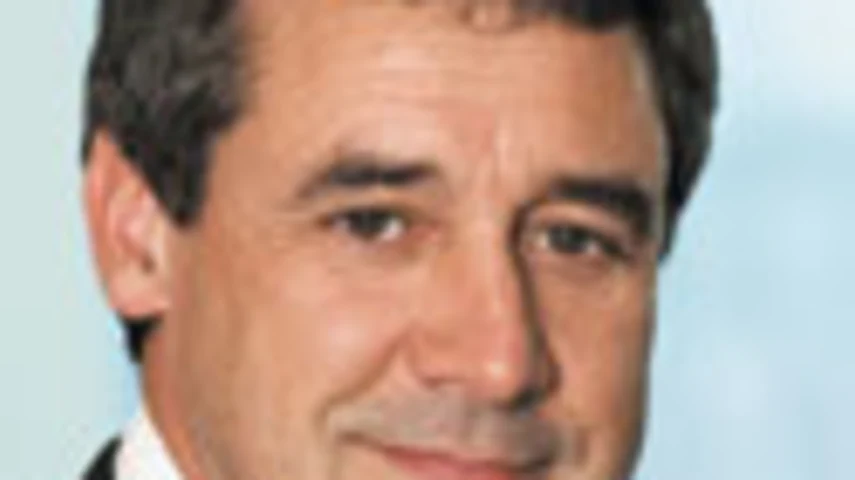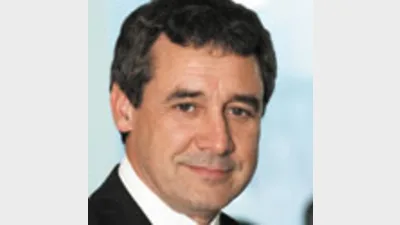Tax office scrutiny comes with SMSF control



There are many good reasons to set up a self-managed super fund (SMSF), with greater control over investments and lower costs topping the lists of most investor research reports.
However, shouldering the compliance burden of a superannuation trustee or responding to an audit request from the tax office perhaps does not have quite the same popular appeal.
But they are just as real, and SMSF trustees should be aware that the tax office – in its role as SMSF regulator – is stepping up its efforts over the next 12 months to ensure that more funds comply with superannuation and tax law.
The Australian Taxation Office’s (ATO) Compliance program for the next financial year, released this week, indicates a clear willingness to strip wayward funds of their complying status for breaches ranging upwards from repeatedly failing to lodge annual returns.
It’s interesting that the compliance program notes that 70 SMSFs were declared non-complying in 2010-11. At first glance, 70 funds may not seem many, considering that 445,000-plus funds are in existence.
However, a non-complying fund can lose almost half its assets in penalty tax. If a fund is made non-complying, the market value of its assets – less any non-concessional or undeducted contributions – is taxed at the highest marginal rate. In wealth creation terms, that is the nuclear strike option, and to be fair, one the ATO does not exercise lightly.
In other words, the penalty for being declared non-complying is typically devastating for all members of an SMSF, including those who do not take an active role in their fund’s affairs.
So being declared a non-complying fund is the one thing you really want to avoid as an SMSF trustee.
The latest Compliance program warns that the ATO’s SMSF focus in 2011-12 includes:
• New funds to check whether their trustees are participating in illegal schemes to gain early access to super savings.
• Related-party transactions, in part to ensure compliance with the five per cent limit on in-house assets.
• Unrectified contraventions of superannuation law which had been brought to the attention of fund trustees by a fund’s approved auditor.
• The performance of approved auditors of SMSFs – the regulator threatens to disqualify auditors that “pose an ongoing risk”.
The tax office is right to focus on trustees participating in scams to get early access to super – that is a blatant abuse of the system. Last year, the ATO audited more than 920 individuals and 31 scheme promoters, and as a result raised almost $14 million.
However, the other area of focus for the ATO in regards to superannuation in the year ahead is likely to have a much broader impact on ordinary employees. The tax office also has a role to play in protecting super fund member rights by checking that companies are paying the correct amount as super contributions.
A number of businesses will struggle with cashflow or other financial pressures at various times, which can sometimes result in withholding super contributions. Employees will typically notice if salary doesn’t turn up in their bank account, but it may take a lot longer for someone to notice that money has not been paid into a super fund – the long-term nature of super and the fact it is locked away does not encourage close monitoring.
Yet in the past five years, the ATO says its compliance activities have resulted in about $1.3 billion in extra super contributions being collected on behalf of employees.
That is a significant amount of money, but it also points to the need to be vigilant with super contributions.
Recommended for you
The winners have been announced for the 2025 Super Fund of the Year Awards, held in Melbourne on 26 November by Money Management's sister brand Super Review.
Data and technology provider Novigi has acquired Iress’ superannuation consulting and managed services business from Apex Group.
AMP is to launch a digital advice service to provide retirement advice to members of its AMP Super Fund, in partnership with Bravura Solutions.
Unveiling its performance for the calendar year 2024, AMP has noted a “careful” investment in bitcoin futures proved beneficial for its superannuation members.









